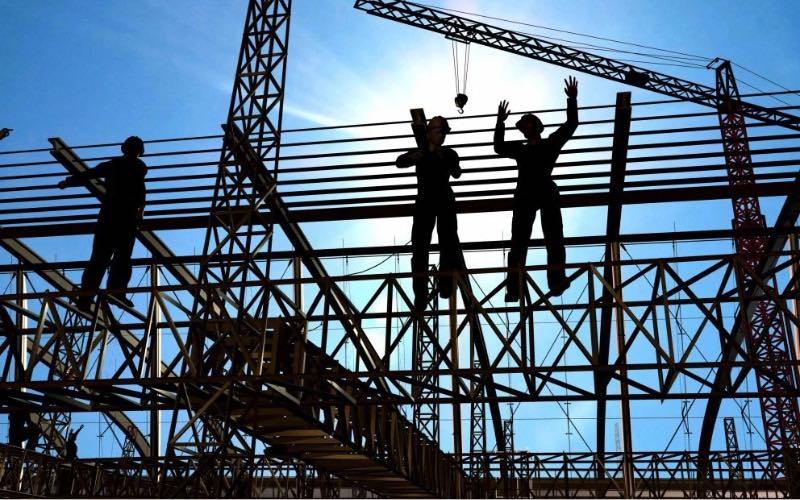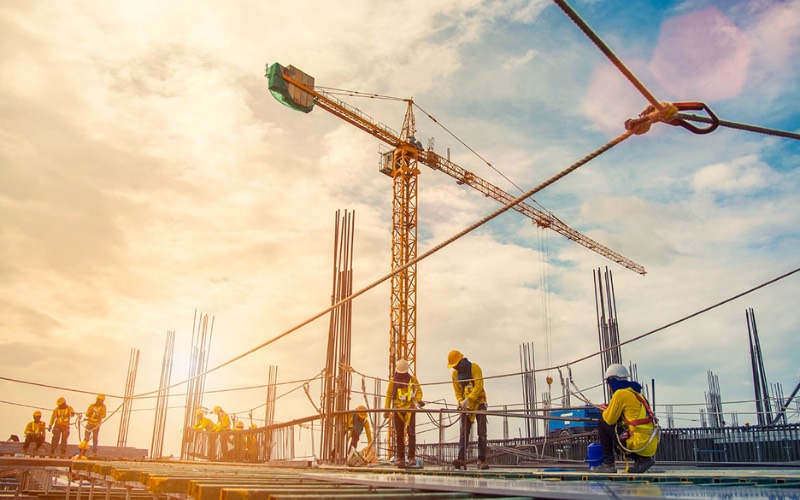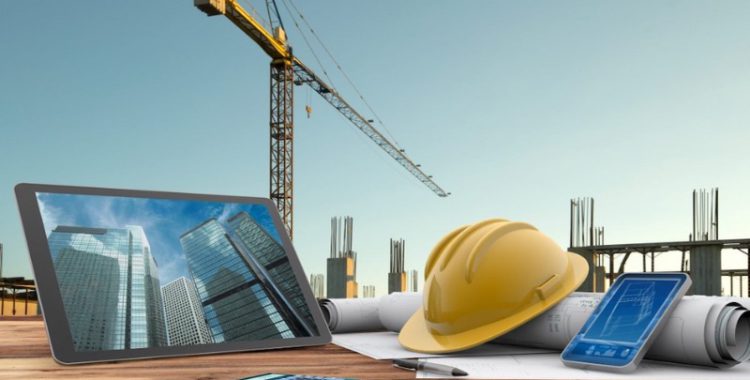Common types of construction disputes
Construction is an incredibly complex field that requires the coordination of several related parties. A construction project must go through various stages, processes, and procedures to be completed and put into use. During those implementation stages, many disputes can arise due to misunderstandings, violations from the parties involved, or even other objective reasons. Therefore, resolving disputes quickly and efficiently is always a top priority for the parties involved. This article shall discuss about some common types of construction disputes in Vietnam nowadays and some mechanisms to effectively resolve such disputes.
What is construction dispute?
Similar to other types of disputes, construction disputes may arise from violations of the obligations of the parties involved in the construction field, primarily stipulated in contracts related to construction projects. These disputes can stem from various stages, including the selection of contractors, design, construction, payment, and warranty.
Therefore, construction disputes can be understood as disputes arising from construction contracts, where parties engage in disputes as their legal contractual rights and interests are infringed upon. Consequently, the mechanisms for resolving these construction disputes are similar to those applied in resolving contract disputes in general.

Common types of construction disputes
Based on the construction contract, construction disputes can arise from various different factors. The following describes the most common types of construction disputes:
Firstly, construction disputes often arise from violations of payment obligations. Basically, the investors or contracting parties are required to pay the contract value in full (100%) to the contractors based on the agreed contractual terms. However, in practice, disputes often occur when contractors have fulfilled their construction obligations as per the contract, the investors, on the other hands, have raised various reasons such as incomplete acceptance documentation, items of the project not meeting safety requirements, or the contractors’ failure to not follow warranty procedures during construction stage to refuse payment or make incomplete payments of the contract value.
Secondly, construction disputes may arise from the construction progress. This type of dispute can stem from both parties involved in the construction relationship. On the contractor’s side, some subjective and objective factors such as weather conditions, labour issues, accidents at the construction site, etc., can affect the construction schedule. On the investor’s side, there might be design flaws leading to design alterations from the original plan, or issues with land clearance, which can significantly affect the project. These issues covertly influence other related project elements, prolong the project’s completion time, result in budget shortfalls, and jeopardise the project’s implementation schedule.
Thirdly, disputes can arise from the agreed scope of work. During the construction process, the investor may request additional work that goes beyond the scope of work, or the contractor might omit certain construction items, leading to disputes.
Fourthly, construction disputes can arise from the acceptance and handover procedures of the project. After completing the construction process, the acceptance of the project is a stage where disputes may arise among the parties involved. Construction disputes arising from acceptance and handover procedures can stem from incomplete preparation of acceptance documentation, inaccurate inspection information, signing of acceptance documents by unauthorised personnel, damaged or incorrectly installed items, and other related issues that deviate from the terms outlined in the previously executed contracts.
Fifthly, construction disputes may arise from warranty responsibilities. According to the laws on construction, contractors are responsible for the warranty of the completed projects. However, in practice, when the investors discover defections or safety concerns in certain construction items, contractors often evade their warranty responsibilities or fail to uphold the entire project as agreed in the contract which leads to disputes.
Sixthly, construction disputes may arise when one party unilaterally terminates the contract prior to its term. Similar to other types of contracts, construction contracts can also be unilaterally terminated by either party for various reasons. In such cases, penalties and compensations resulting from unilateral termination may be imposed on the party breaching the contract, leading to disputes.
Seventhly, construction disputes may arise due to changes in internal policies of competent authorities. Currently, there are many laws which simultaneously regulate construction relationships, including the Law on Construction, Audit Law, Commercial Law, the Civil Code, and Law on Procurement. Consequently, there is a large volume of relevant guidelines that are regularly updated from time to time. On the other hand, a construction project, from approval to completion and handover, may take several years for the whole process. Therefore, there is a significant risk for the involved parties which is the failure to promptly update themselves with new legal instruments, leading to violations and encroachments upon the legal rights and interests of the other parties, thereby giving rise to disputes.

What is the right thing to do when there is a construction dispute?
Construction dispute is a common kind of dispute. Hence, there are many available mechanisms today for resolving these disputes. Parties involved can choose from these methods to save time and money while achieving an effective resolution on their dispute. Common methods for resolving construction disputes are as follows:
Firstly, parties can engage in negotiation and discussion to find a resolution for their dispute. This method is highly recommended because it is a cost saving method and not bound by complex legal procedures and ensures maximum confidentiality in business operation, as well as minimises damage to the collaborative relationship between the relevant parties. Successful negotiations can even enhance mutual understandings and cooperation afterward.
Secondly, parties can opt for mediation in resolving construction disputes. This method is similar to negotiation but involves a neutral third party acting as a mediator, assisting the parties in finding a common ground. This approach maintains confidentiality, and the mediated agreement can be legally recognised and enforced by the Court.
Thirdly, resolving construction disputes via arbitration is also an effective option for relevant parties. Arbitrators review the case and issue a legally binding final decision while ensuring the confidentiality of the disputing parties. Additionally, resolving disputes through arbitration is often faster than via the competent court, and it can involve experts in the construction field, ensuring a professional approach to the dispute’s resolution.
Finally, parties can file a lawsuit to the competent Court. Despite the potential of a time-consuming process, the Court is still an effective institution for dispute resolution, and the possibilities to enforce Court’s judgments are indeed higher in practice.

Above is an overview of common types of construction disputes that Phuoc & Partners shares with readers. If you have any difficulties related to the legal field, please contact us. Phuoc & Partners is a professional law firm established in Vietnam and currently has nearly 100 members working in three offices in Ho Chi Minh City, Hanoi and Danang. Phuoc & Partners is also rated as one of the leading consulting firms specialising in business law in Vietnamthat has leading practice areas in the legal market such as Labour and Employment, Taxation, Merger and Acquisition, Litigation. We are confident in providing customers with optimal and effective service.








